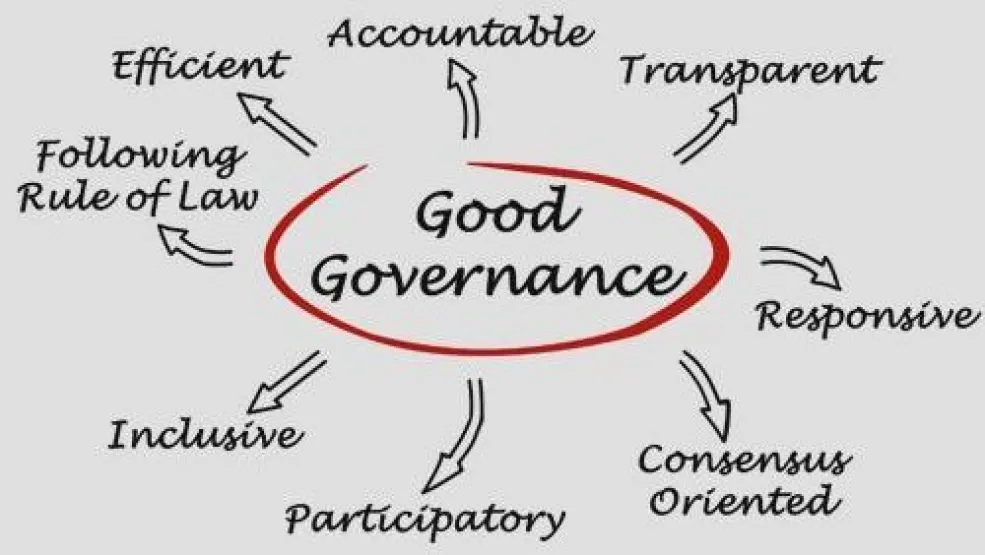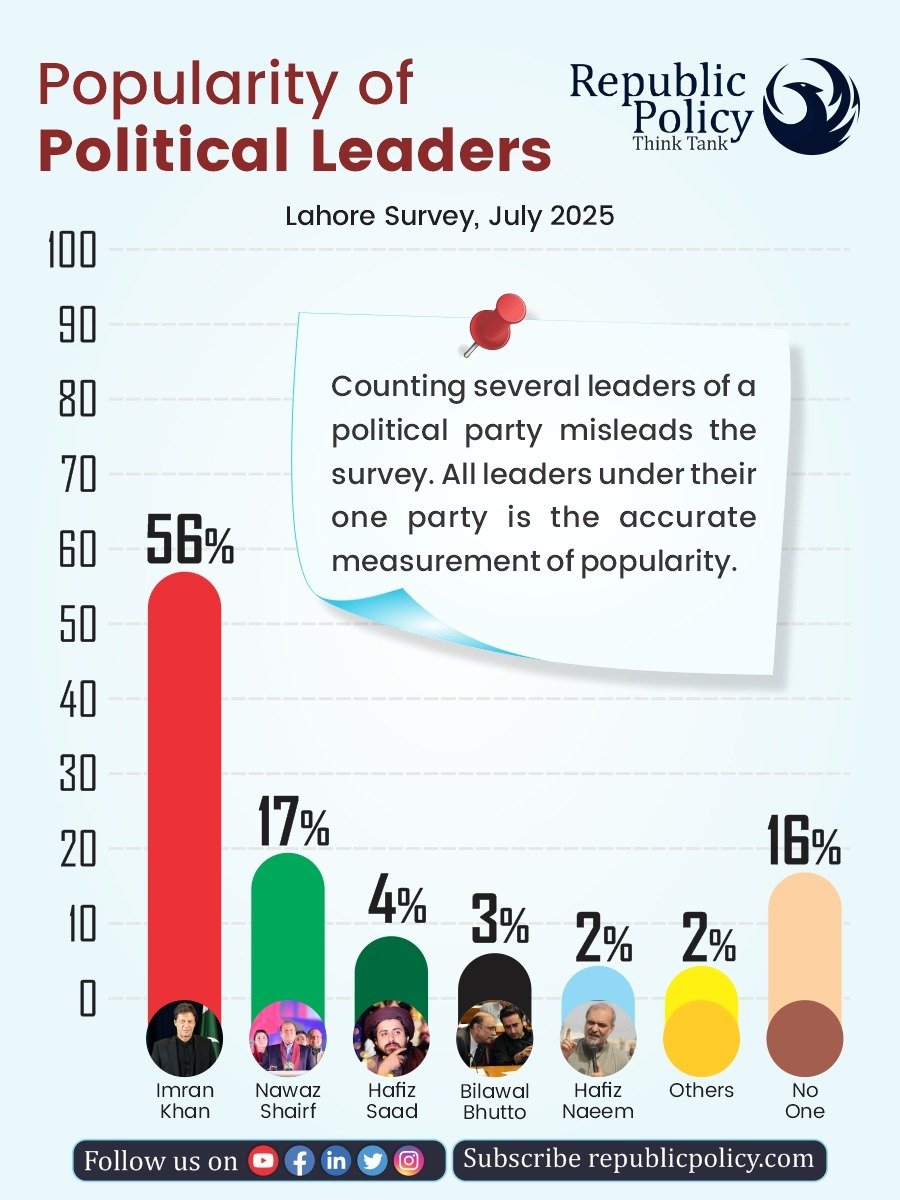Barrister Naveed Qazi
The political dust from Pakistan’s 26th Constitutional Amendment has hardly settled, yet conversations within the corridors of power already point toward a possible 27th Amendment. What makes this development significant is the altered political landscape in which it is unfolding. The environment today is far removed from the tense, number-crunching exercise that characterised the 26th Amendment, raising both hopes and fears about how this next chapter in constitutional reform will play out.
Follow Republic Policy Website
The passage of the 26th Amendment was fraught with political tension from its inception. The ruling coalition lacked the parliamentary numbers to pass it independently, compelling it to rely on opposition members to cobble together the constitutionally required two-thirds majority. That majority came through a combination of political bargaining, strategic concessions, and, as critics allege, coercive tactics. Many lawmakers reportedly voted without fully understanding the content of the bill, while even the law minister was presented with a final draft that left little room for meaningful input.
Follow Republic Policy YouTube
This time, however, the terrain has shifted dramatically. The very Constitutional Bench formed under the 26th Amendment now ensures the government enjoys a stable two-thirds majority in parliament. This newfound security alters the political calculus entirely. The leadership no longer needs to resort to political brinkmanship, clandestine deal-making, or opposition arm-twisting. The leverage once held by smaller parties to extract concessions has also diminished. In practical terms, if the ruling party decides to proceed, the 27th Amendment could be passed swiftly and with minimal resistance.
Follow Republic Policy Twitter
Despite the rising speculation, there is no official draft of the 27th Amendment in the public domain. For now, the debate appears confined to the Pakistan Muslim League-Nawaz (PML-N) inner circle and a handful of legal advisers. Coalition partners have not been brought into formal discussions, and no parliamentary debates have been scheduled. This opacity inevitably raises questions about the scope and intent of the amendment. Informed observers suggest the government may be considering further changes to the judiciary’s structure and jurisdiction — a continuation of the institutional recalibration attempted in the 26th Amendment. Critics warn that if this narrow focus persists, Pakistan risks once again sidelining broader governance priorities in favour of political expedience.
Follow Republic Policy Facebook
The broader constitutional agenda Pakistan desperately needs is far more ambitious. Issues such as the creation of a South Punjab province to address deep-seated grievances, the restructuring of caretaker governments to curb political misuse, empowering the Election Commission of Pakistan to ensure genuine electoral independence, and revisiting the National Finance Commission award to achieve sustainable fiscal arrangements all demand urgent parliamentary attention. Addressing these could elevate the 27th Amendment from a technical exercise to a landmark nation-building effort — reinforcing the principle that constitutional change should serve the state, not just the government of the day.
The current political climate is markedly different from that of the 26th Amendment. Then, fragile parliamentary numbers forced the government into reluctant negotiation and compromise. Now, with its legislative dominance secure, it faces no such constraints. This security is a double-edged sword: it could enable decisive reforms, but it could also tempt unilateralism — bypassing consultation and eroding the spirit of parliamentary debate. Such a path would deepen political polarisation and entrench the perception that constitutional amendments are merely partisan tools.
Follow Republic Policy Website
The 26th Amendment left behind a legacy of division and public cynicism. The 27th Amendment presents an opportunity to reverse that trend. If the government embraces inclusive drafting — involving opposition parties, civil society, and constitutional experts — it could create a reform with broad-based legitimacy. Such an approach would not only strengthen the democratic process but also restore faith in parliament’s role as a forum for national consensus. Conversely, a secretive, party-centric approach risks fuelling yet another cycle of confrontation, further alienating an already distrustful public.
The government’s two-thirds majority is a rare political asset — but it comes with a responsibility to legislate for the collective good, not merely to consolidate power. Pakistan’s Constitution is the foundational framework that sustains governance, rights, and institutional equilibrium. The choice is stark: use the 27th Amendment to serve narrow interests, or seize the moment to implement long-overdue reforms that address the country’s deep-rooted governance challenges. The direction chosen will shape not just the political legacy of the current leadership but the trajectory of Pakistan’s constitutional development for years to come.

















